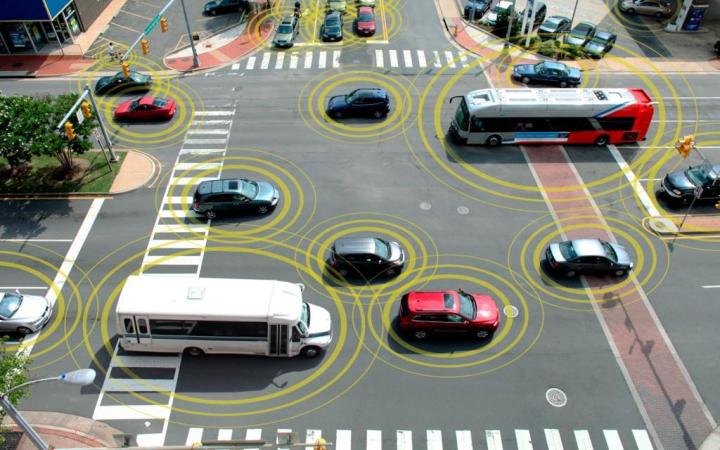
CES isn’t officially starting until Tuesday, January 8, but there’s already news about some of the innovations that we can expect to see demoed there. This week, Dutch GPS company TomTom announced they would be moving into the realm of autonomous vehicles in a partnership with Japanese automotive components manufacturer Denso.
More CES 2019 coverage
- Toyota rolls out an updated autonomous car prototype for CES 2019
- Hyundai’s Elevate ‘walking car’ can climb over rough terrain, will debut at CES
- Nissan’s ‘invisible-to-visible’ tech makes driving similar to a video game
The collaboration will produce an autonomous driving system which is capable of both perceiving objects in the environment and planning a path from one location to another. The aim is to achieve Level 2 automation which will work on highways and other major urban roads using TomTom’s end to end mapping system. TomTom will contribute a high definition map which will work together with in-car sensors from Denso like cameras or radars for localization and perception functions, which should make the system reliable and safe.
In practice, the collaboration will be achieved by the Denso sensors picking up information and then processing it, then sending the processed data on to TomTom’s mapping systems so that the TomTom map can be updated on the fly. The maps updates will be generated through crowdsourcing, in a system called Roadagrams which will check whether the reality of the road situations corresponds to the map provided by the TomTom. And these updated maps will be delivered to the vehicles through TomTom’s map delivery system, AutoStream.
Harold Goddijn, CEO of TomTom, described how he sees the value of autonomous vehicle technology for a GPS and mapping company like TomTom: “DENSO is a long-time leader in automotive ADAS technology. We’re proud to be working with them to serve their Japanese and global customers. This collaboration proves the value of the TomTom HD Map and TomTom AutoStream as critical components for autonomous vehicles.”
In addition to the autonomous driving system, TomTom will also be collaborating with powertrain company Delphi Technologies to create predictive powertrains. The vehicles will have powertrain control systems which interface with TomTom’s maps to predict what lies ahead, taking information about speed limits and road gradients to control the speed of a vehicle and reduce its energy consumption. The energy savings aim to optimize journeys by reducing fuel consumption and lower rates of car emissions.
Editors' Recommendations
- Cruise autonomous vehicle drives over woman just after she was hit by another car
- Intel CES 2021 highlights: New laptop processors, desktop CPUs, and more
- From Paris to NYC, Mobileye will bring self-driving cars to metropolises
- Qualcomm Ride platform aims to make self-driving cars simpler
- Amazon slashes TomTom GPS prices ahead of Cyber Monday




